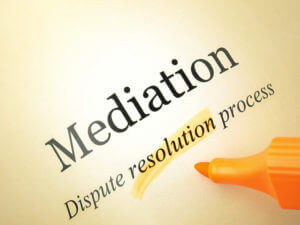Are you wondering what is...
Search Results
read more
What Are the Benefits of Mediation in Family Law Cases?
Mediation is a form of...
What is Mediation?
https://youtu.be/KZ2in50ljdE...
What is Mediation?
When it comes to getting a...
How to successfully co-parent after divorce
Most people tend to think...
What is Sole Custody? Understanding the Basics.
1. Understanding Sole...
4 Things to Consider When Choosing a Contested Divorce Lawyer
1. Are they experienced in...
How Does Alimony Work? An Essential Guide for Understanding Alimony Laws
Alimony comes down to two...
8 Different Types of Child Custody Explained
When it comes to getting...
How can alcohol use affect a divorce?
It is Mardi Gras season here...
4 Signs That it is Time to Get Divorced
How do you know when it is...
How can I get divorced if I can’t afford a lawyer?
We get it – Divorce is...
What is the difference between divorce and a legal separation?
Divorce is a big decision –...
What Happens After Serving Divorce Papers to Your Spouse?
Filing for Divorce: The Next...
How Long Does a Divorce Take? Essential Information Explained.
One of the most frequently...















